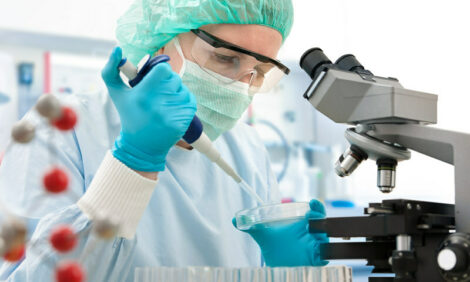



Daily Egg Consumption can Reduce Risk of Macular Degeneration
AUSTRALIA - With Macular Degeneration Awareness Week to be held from 25 June to 1 July, Australians should be reminded about simple ways to reduce their risk of developing the condition, the leading cause of blindness in Australia.One way is via the humble egg, with studies showing that the consumption of one egg a day can reduce the risk of developing macular degeneration.
The study, previously published in The Journal of Nutrition, a leading international nutrition journal, shows that eating one egg per day raises the levels of antioxidants lutein and zeaxanthin (which protect the retina) by 26 per cent and 36 per cent respectively compared with no egg consumption1.
Sharon Natoli, Accredited Practising Dietitian and Founding Director of Food & Nutrition Australia, described the study results as very promising. “These results clearly indicate that frequent consumption of foods high in the antioxidants lutein and zeaxanthin, in particular daily egg consumption, can improve markers of eye health, one the most debilitating diseases of ageing.”
“There is no cure for macular degeneration, so utilising all means of prevention, including nutrition intervention is extremely important. Along with their lutein and zeaxanthin content, eggs are a natural source of at least 10 different vitamins and minerals, making them a nutrient-rich food. This means they not only may assist with reducing the risk of macular degeneration, they also make a positive contribution to an individual’s diet,” Ms Natoli added.
Macular degeneration describes the group of degenerative diseases of the retina that cause progressive loss of central vision, affecting the ability to see fine detail.
Eggs are one of nature’s naturally nutritious foods, being a source of 10 different vitamins and minerals. Two average eggs can provide the following:
- More than two-thirds of the daily requirements for vitamin B12 (great for vegetarians) and choline
- Almost half the daily requirements for selenium
- A third of the daily requirements for niacin (vitamin B3)
- Around a quarter of the daily requirements for protein, folate and riboflavin
- A useful source of vitamin A, iron, vitamin E and phosphorus
- Vitamin D (eggs are one of the few food sources of Vitamin D).








